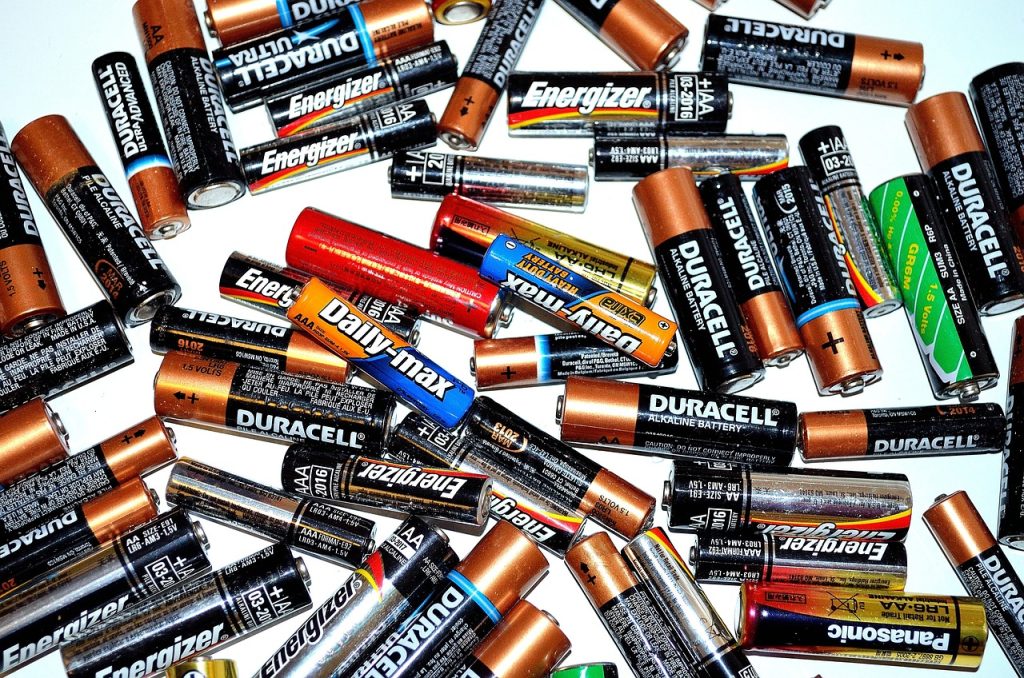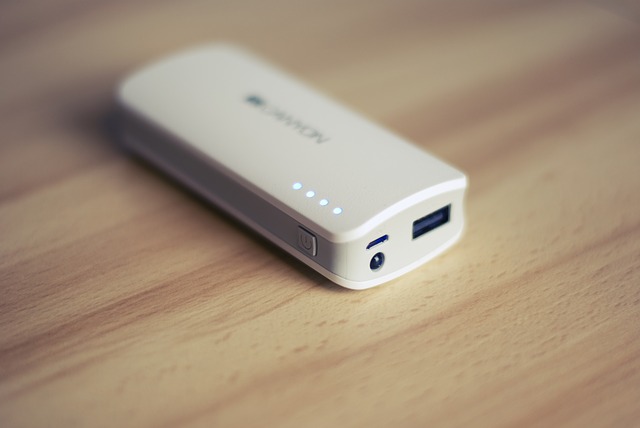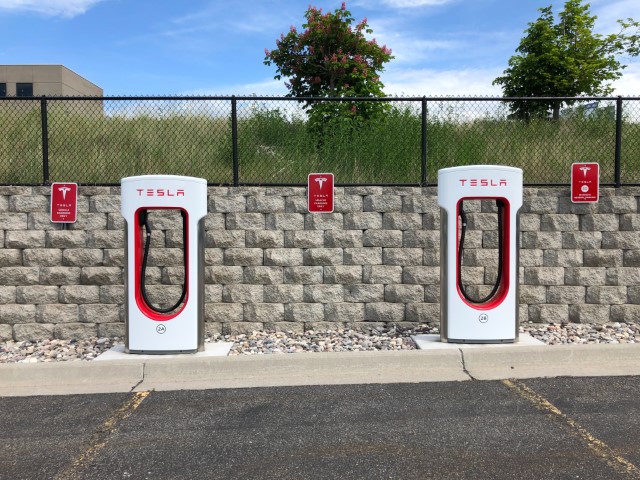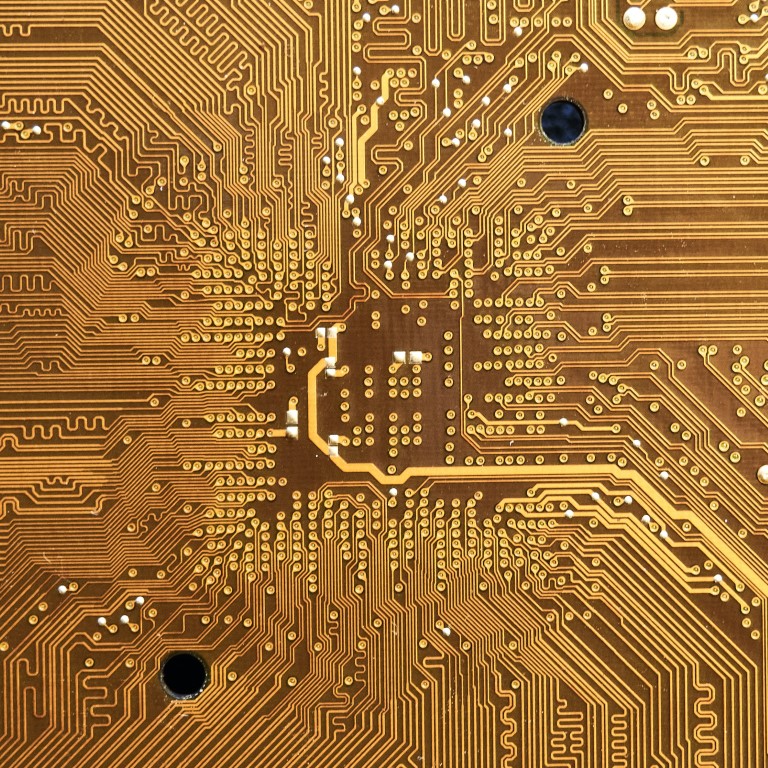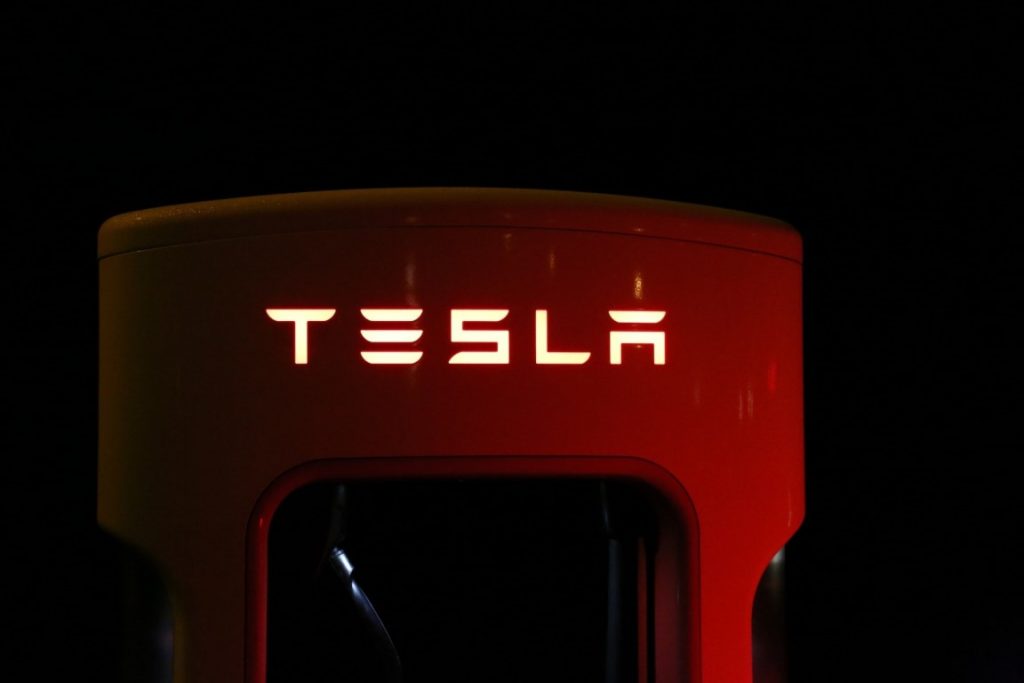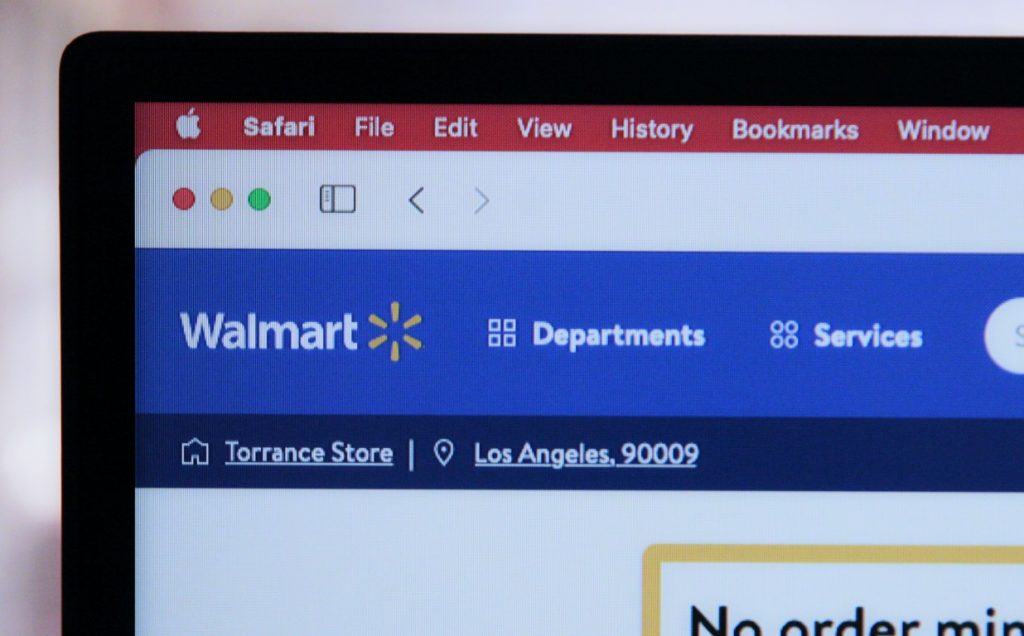- Introduction:
- What is the potential replacement for lithium?
- How do sodium-ion batteries work?
- What are the benefits of sodium-ion batteries?
- What are the drawbacks of sodium-ion batteries?
- What is the current state of sodium-ion battery development?
- What is the potential impact of sodium-ion batteries on the EV industry?
Introduction:
As the world transitions to a more sustainable future, the demand for electric vehicles (EVs) has skyrocketed. However, one of the biggest challenges facing the EV industry is the limitations of lithium-ion batteries. These batteries are expensive, have a limited lifespan, and rely on rare and finite resources. But, there may be a new solution on the horizon. Scientists have discovered a potential replacement for lithium that could revolutionize EV batteries. In this article, we’ll explore the benefits and drawbacks of this new technology, as well as its potential impact on the future of electric vehicles.
What is the potential replacement for lithium?
The potential replacement for lithium is sodium-ion batteries. Sodium is much more abundant than lithium, making it a more sustainable and cost-effective option. Additionally, sodium-ion batteries are safer than their lithium-ion counterparts, as they are less likely to overheat and catch fire.
How do sodium-ion batteries work?
Like lithium-ion batteries, sodium-ion batteries work by transferring ions between a cathode and an anode. However, there are some key differences. Sodium ions are larger than lithium ions, so they require larger channels to pass through. This means that the cathode and anode materials need to be different than those used in lithium-ion batteries.
What are the benefits of sodium-ion batteries?
One of the biggest benefits of sodium-ion batteries is their abundance. Sodium is much more plentiful than lithium, which means that sodium-ion batteries could be produced on a much larger scale. This would help to reduce the cost of EVs, making them more accessible to the general public. Additionally, sodium-ion batteries are safer than lithium-ion batteries, as they are less likely to overheat and catch fire.
What are the drawbacks of sodium-ion batteries?
While sodium-ion batteries have the potential to revolutionize EVs, there are still some drawbacks that need to be addressed. One of the biggest challenges facing sodium-ion batteries is their lower energy density compared to lithium-ion batteries. This means that sodium-ion batteries currently have a shorter lifespan and would require more frequent charging. Additionally, the materials used in sodium-ion batteries are still in the early stages of development, which means that they are not yet as efficient as lithium-ion batteries.
What is the current state of sodium-ion battery development?
While sodium-ion batteries are still in the early stages of development, there have been some promising breakthroughs in recent years. For example, researchers at the University of Wollongong in Australia have developed a sodium-ion battery that has a 99.7% efficiency rate and can last for over 400 hours of continuous use. Additionally, there are several companies, such as Faradion and Aquion, that are working to commercialize sodium-ion batteries for use in EVs.
What is the potential impact of sodium-ion batteries on the EV industry?
If sodium-ion batteries can be successfully commercialized, they could have a significant impact on the EV industry. Sodium-ion batteries would be cheaper and more sustainable than lithium-ion batteries, which would help to reduce the cost of EVs and make them more accessible to the general public. Additionally, sodium-ion batteries are safer than lithium-ion batteries, which would help to alleviate concerns about the safety of EVs.
No, sodium-ion batteries are still in the early stages of development and are not yet commercially available for use in EVs.
